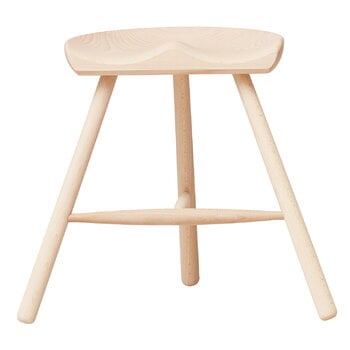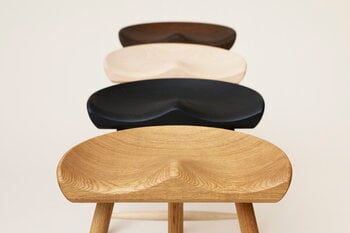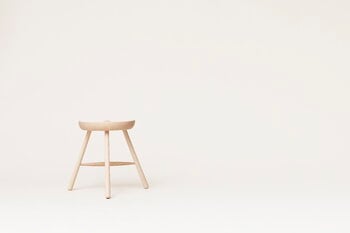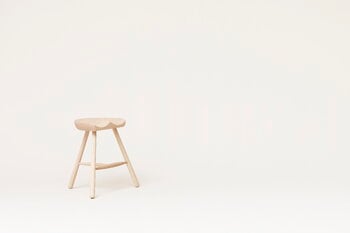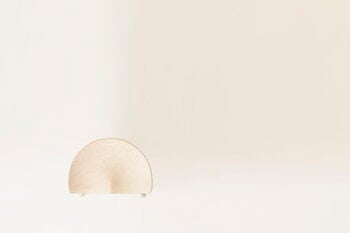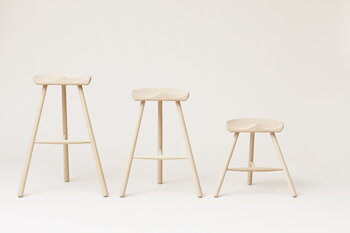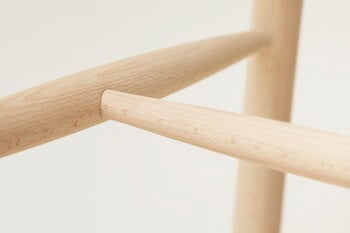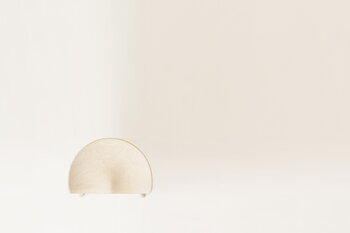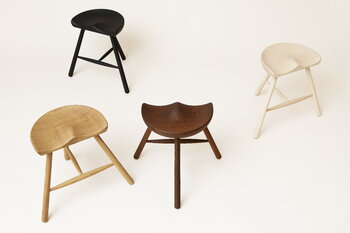Shoemaker Chair by Form & Refine is a genuine Danish design classic that was released already in 1936. The Shoemaker Chair stool consists of a sleek, three-legged base and an anatomically shaped seat that provides a comfortable and straight sitting posture. Carved from a solid piece of wood, the manufacturing requires fine woodworking skills, and every process is finished by hand.
Since the 1970s, Shoemaker Chair has been produced and developed by the Werner family, and over the years, they have optimized the chair to be even more stable and durable. Thanks to its functional design and timeless appearance, Shoemaker Chair will complement various décors and last for generations to come.
